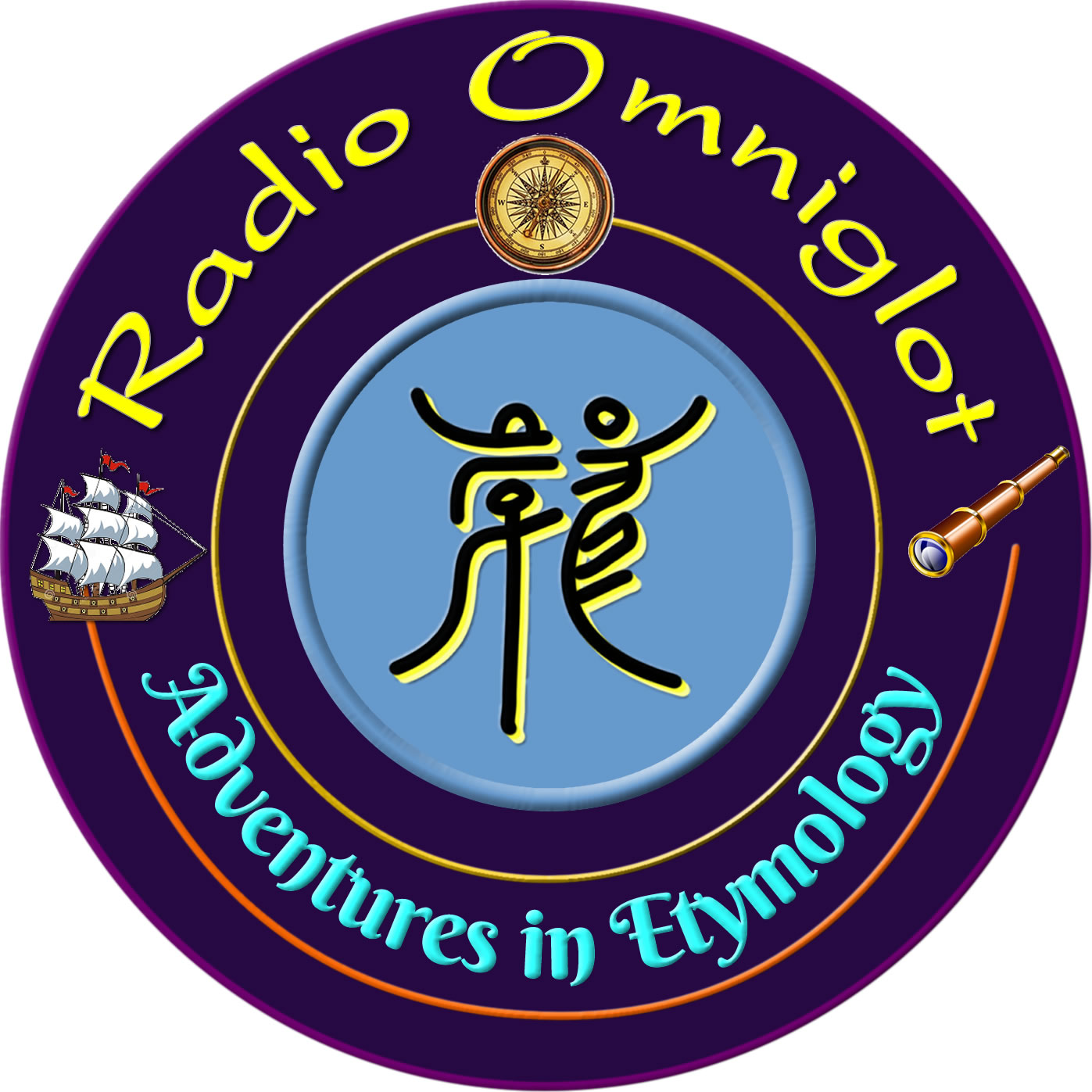

In this Adventure in Etymology we’re going on a journey to find out what links the word journey with words for day, heaven and god.
Meanings of journey [ˈdʒɜːni / ˈdʒɝni] include:
- A set amount of travelling, seen as a single unit; a discrete trip, a voyage.
- Any process or progression likened to a journey, especially one that involves difficulties or personal development.
- To travel, to make a trip or voyage.
It used to mean a day, a day’s travelling or work, and an also refer to a group of giraffes.
It comes from Middle English journe [dʒurˈneː] (an endeavour, enterprise, attempt, journey, battle), from Old French journee [dʒuɾˈneːə] (day, daytime, a day’s journey or work, day of battle) from Vulgar Latin *diurnāta [jorˈnada] (the span of a day) from Latin diurnum (of the day, daily) from diēs (day), ultimately from PIE *dyḗws (heaven, sky) [source].
Words from the same roots include and deity, diary, diva, divine, journal, Tuesday, Jupiter and Zeus in English, journée (day, daytime) in French, giornata (day) in Italian, dia (day) in Portuguese, and dia / Dia (a god, God) in Irish [source].
In Old English, a word for journey was faru [ˈfɑ.ru]. It’s related to the modern English fare (money paid for transport, a paying passenger, food and drink), which used to mean a journey, voyage, course or passage. Farewell also comes from the same roots [source].
I had a bit of a cold when I recorded this, so if my voice sounds a bit croaky, you know why.
You can also listen to this podcast on: Apple Podcasts, Amazon Music, TuneIn, Podchaser, Podbay or Podtail and other pod places.
If you would like to support this podcast, you can make a donation via PayPal or Patreon, or contribute to Omniglot in other ways.
Radio Omniglot podcasts are brought to you in association with Blubrry Podcast Hosting, a great place to host your podcasts. Get your first month free with the promo code omniglot.
